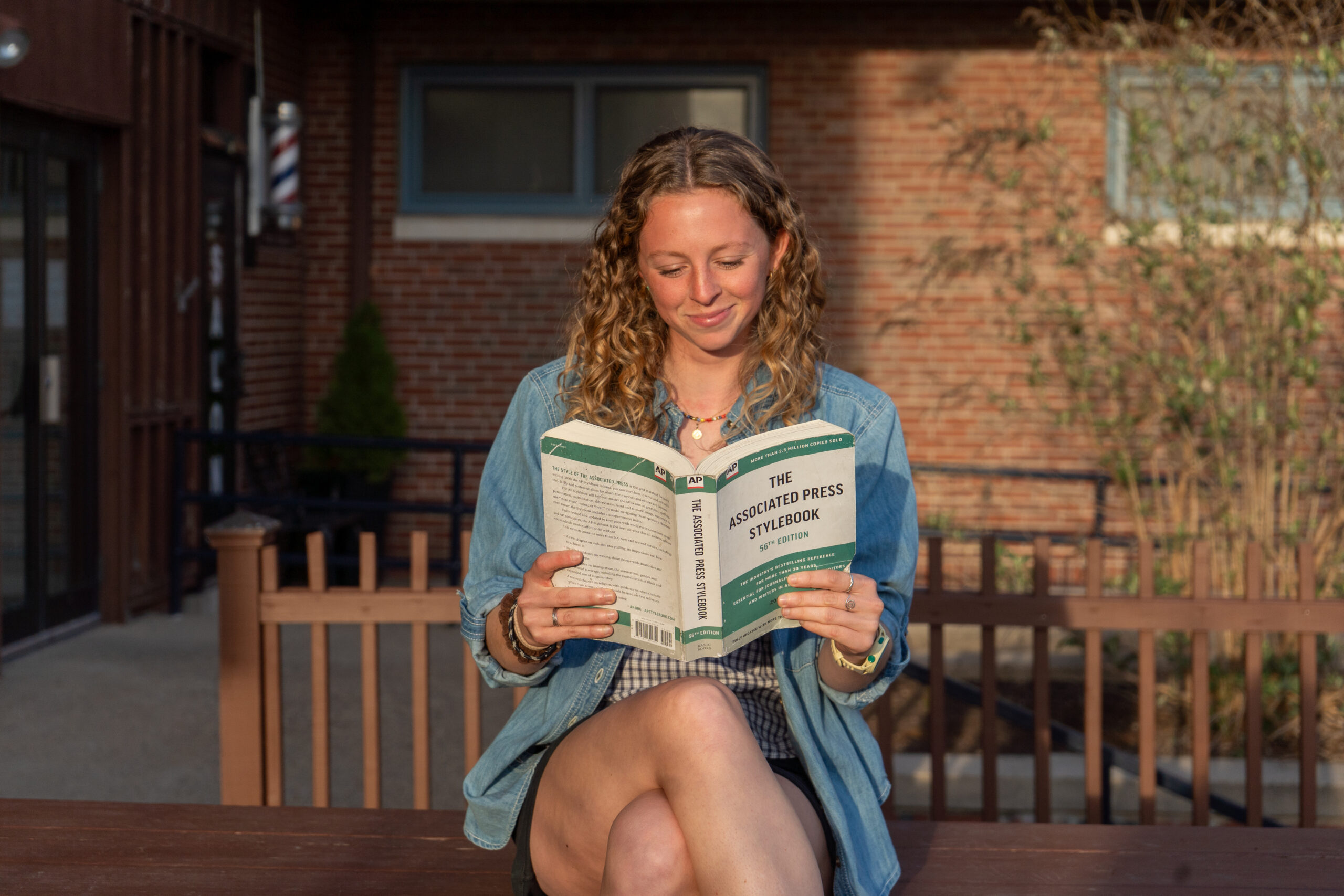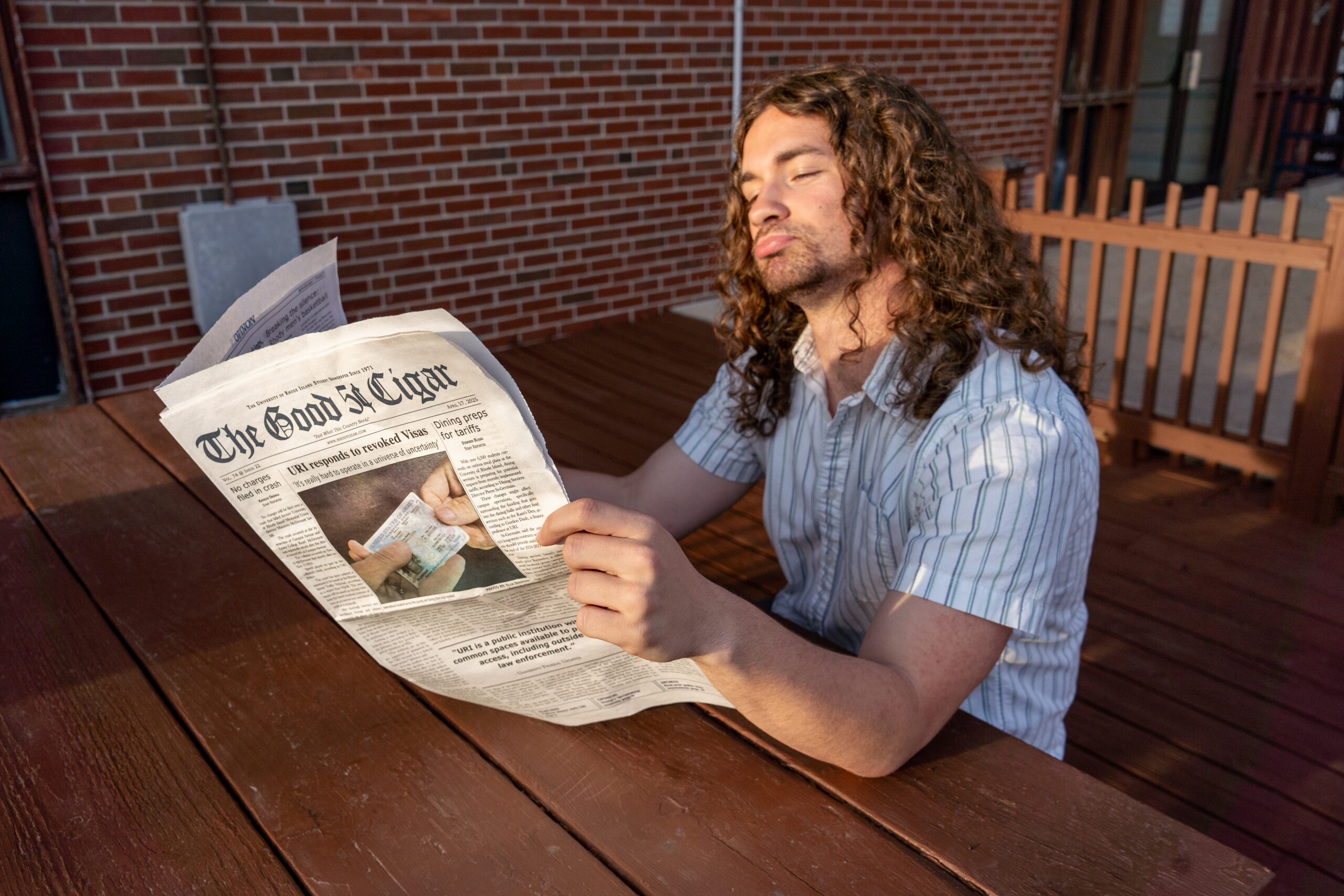One of the most pressing and critical issues presently on the University of Rhode Island’s campus are the results of the Campus Climate Survey, which were released earlier this year.
The Cigar has written articles highlighting the development of the survey, its completion and multiple aspects of its results that were released on Oct. 7. The survey was the first of its kind at URI and a community-wide forum was held Oct. 15 to highlight its findings publicly.
Throughout November, smaller forums divided up into sections of students, faculty and staff members were hosted. According to a community-wide email, these forums were designed to “identify specific actions that respond to the report’s findings.”
This email also stated, “forum participants are asked to not discuss peers’ specific contributions with anyone outside the group.”
The Cigar editorial team understands the need and the importance of the findings in the Campus Climate Survey. Out of respect for the community and the organizers, the Cigar reached out to Campus Climate Survey Working Group chairs Mary Grace Almandrez and Jen Riley asking for access — whether that need be modified to ensure student privacy or not, the Cigar was willing to accept this.
However, the Cigar was denied any level of access or coverage to all of these student-centered forums. Despite attempts of contacting the leadership to gain more perspective on the reasons why, the Cigar received no response.
As an editorial board, we are thoroughly upset to be denied the opportunity to cover these forums and address the deep-rooted concerns students have around URI’s campus climate. We care about these matters too, and the purpose of our voice isn’t to blame or highlight private information; rather, it is to act as a platform for the student body to highlight one of the most critical issues facing URI students today.
The Cigar provides us as campus journalists a platform to speak up and address issues that matter. While our voice may look different than that of a typical student, writing articles, telling stories and making newscast packages on important issues are ways in which we choose to make change.
URI’s campus climate is problematic, specifically to students of color, students that identify as LGBTQIA+ and female students. Limiting journalistic coverage of community forums around this climate only causes more concern for us.
As an editorial board, we wanted to call our readers’ attention to these forums and also explain why you will not see coverage of these forums, despite their importance. We tried, and we wish we could cover them for you.



